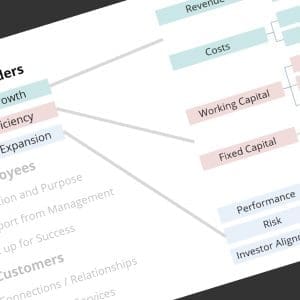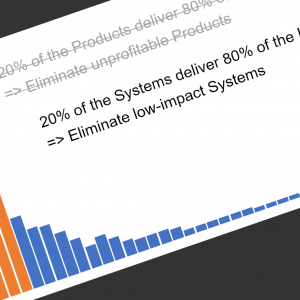When I see / read articles like this, or hear the breathless claims of vendors, pundits, and True Believers, I’ll privately chuckle to myself. All of this stuff – social networking, collaboration, and innovation – are 21st century takes on good old Knowledge Management (KM), circa 1998.
Do these sound like presentations from your recent Enterprise 2.0 conference?
- Managing Cultural Change to Create a Knowledge Sharing Environment
- Effectively Managing Information Overload in the Information Age
- Information Content and Security in Document Management Systems
- Using Technology and the Project Management Workbench to Accelerate Product Development Efforts
- Shifting the Burden of Knowledge Sharing to All Employees
I dug up an old copy of the proceedings from a 1998 KM conference; if I did a global text replace of “Innovation” for “Knowledge”, I could probably get a bunch of folks to sign up today!
Ok, a little sarcasm is fun, but once you realize the similarities, there are other parallels with 1990’s KM efforts – not the least of which is the identification of business benefits. Anyone involved with projects back then can testify to the difficulty in predicting hard benefits – clearly quantifiable impact on top line or bottom line, derived in a predictable, measurable manner. Sorry, it just didn’t work out that way for KM – and it won’t for Social Networks, either! The hype cycle will prevail …
Hard Benefits of Social Networks Do Not Exist, but …
Why do people insist on expecting a hard business benefit from social networks, or a payback from a project to implement a funny-sounding technology (wiki/blog/tweet) inside the enterprise? Has anyone ever gotten a quantifiable business benefit from participating on Facebook, LinkedIn, mySpace?
Well, yes, actually – plenty of folks have connected with friends / colleagues, collaborated on business ideas, come up with innovative new approaches – actually monetized all the goofy sounding tools. I myself have written about successes, and have made connections I could never have anticipated. Heck, the old KM conference guide has a couple of case studies as well.
Ah, but do you see the pattern? Business benefits are not predictable, they are always opportunistic and anecdotal. Success is characterized by stories of the home runs (rarely accompanied by comparable stats on strikeouts, by the way). You can’t implement a social network within a company or a group, and predict how much and when the profits / savings / growth with start rolling in. You are setting up an environment of opportunity – nothing more.
When I hear people talk about business value or business return of social networks as if they could predict it, I cringe. They’re trying to apply financial controls on something that’s governed by chance – you can’t do it. The incorrect assumption is that you can control good luck – but you can tweak your chances.
Active networkers know – I’m talking about people that have been networking for years, when connections were made face to face. Career coaches would exhort us to get out there and build our professional network – make the office visits, get on their calendar, develop some connections. You have no idea what could happen from any one connection or conversation – nothing might happen or something might happen – you trying to make your own luck.
What is it they say, luck is 10% inspiration and 90% perspiration? Social networking is just automation for some of that 90%. And benefits will happen – just don’t ask me when.






This Post Has 0 Comments